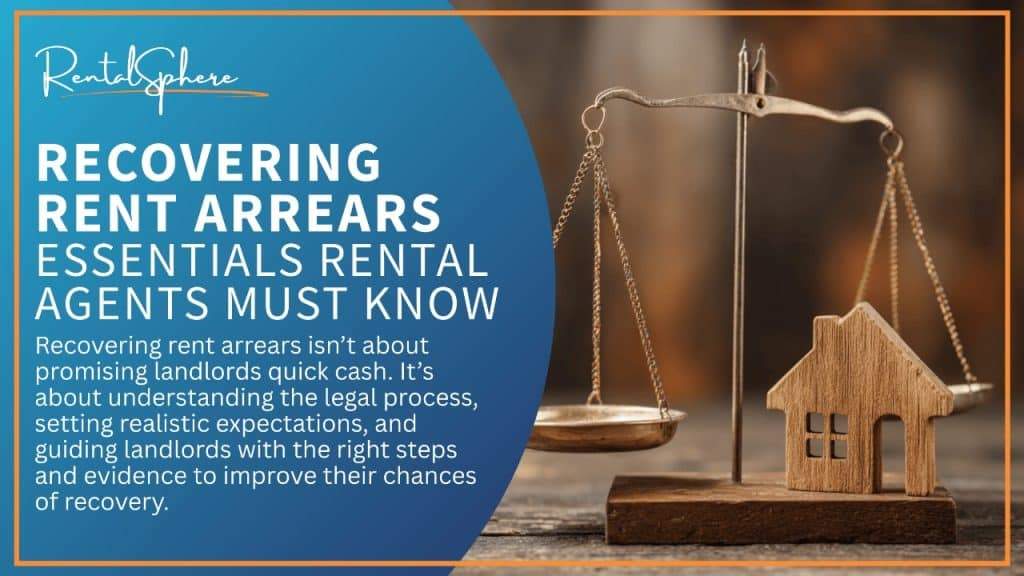The early termination of a lease can pose various questions and challenges, particularly whether Section 14 of the Consumer Protection Act (CPA) applies or not as this section prescribes certain ‘rules’ with respect to the early termination of a lease, as well as the landlord/s potential entitlement to a cancellation penalty.
Section 14 of the CPA
Understanding Section 14 of the CPA is crucial when navigating early lease cancellations – and specifically the requirements for this section to apply to a lease. This section focuses on fixed-term agreements entered into between parties and, if applicable, affords consumers the right to cancel such agreements by simply providing at least 20 business days’ written notice to the other party. This right is not exclusive to lease agreements but encompasses all fixed-term contracts, including lease agreements, service contracts, and supply agreements.
In addition to the above, any clause within a lease agreement that attempts to contact out of the provisions and right of the tenant/s to cancel under the CPA would be void as it would contravene legislation. This concept is often not understood by landlords and tenants, which is one reason why it’s preferable to employ residential rental professionals when entering into a lease agreement to avoid any potentially costly errors or misunderstandings of the law.
The distinction between fixed-term and periodic agreements is pivotal in determining the applicability of Section 14 of the CPA. While fixed-term agreements afford tenants the right to cancel under certain conditions, periodic agreements do not fall under the purview of Section 14. Landlords and tenants must be mindful of this distinction when navigating lease agreements and early termination scenarios.
In summary, when contemplating the early cancellation of a lease, it’s essential to discern whether the agreement is fixed-term or periodic. Fixed-term agreements trigger the provisions of Section 14 of the CPA, granting tenants the right to cancel with proper notice. Conversely, periodic agreements operate under different legal considerations, and Section 14 does not apply. By understanding these nuances, both landlords and tenants can navigate lease agreements and early termination scenarios with clarity and compliance with the law.
There are a few other requirements that need to be met for Section 14 of the CPA to apply – these relate to the ‘types’ of tenants and landlords, i.e. natural persons or juristic entity and, in the case of juristic persons, whether the annual turnover or asset value of the entity is over R2-million or not.
In simple terms, if the lease is a fixed-term lease and both the landlord and tenant are natural person/s section 14 does apply. Conversely, if both of the parties are juristic entities this section does not apply to fixed-term leases. Furthermore, the CPA does not apply to juristic entity consumers (i.e. tenants) with an annual turnover or asset value of over R2 million rand
If either of the parties are juristic entities it would be advisable to speak to a rental professional as reading the act and the applicability of this section can be a bit confusing.
It’s important to note that under the CPA right of early cancellation discussed above the tenant/s do not need to provide any reason whatsoever for cancellation and, the reason proffered does not affect their right to cancel in any way whatsoever.



